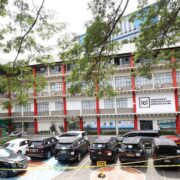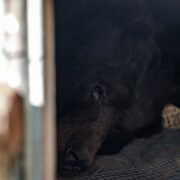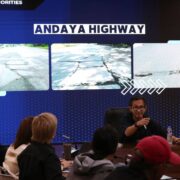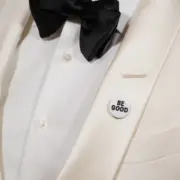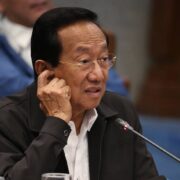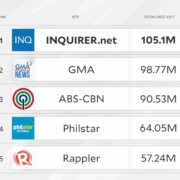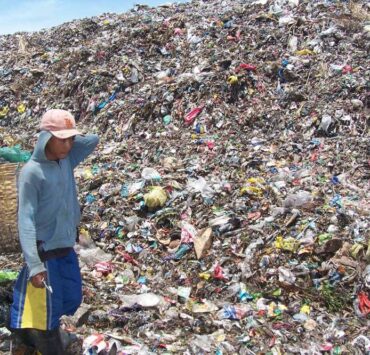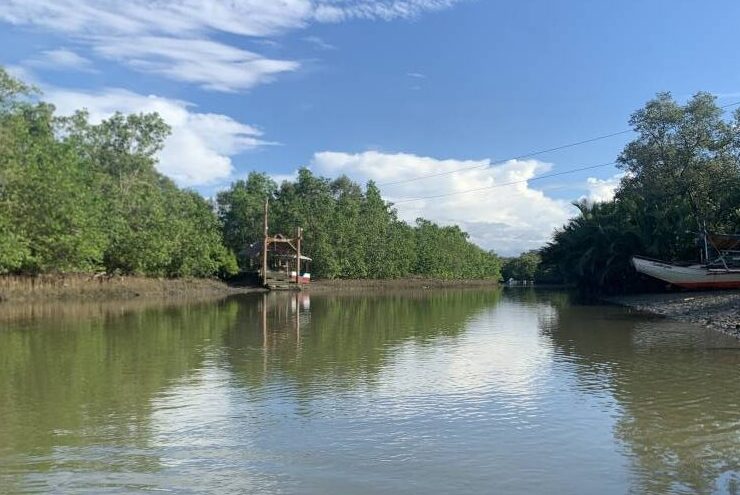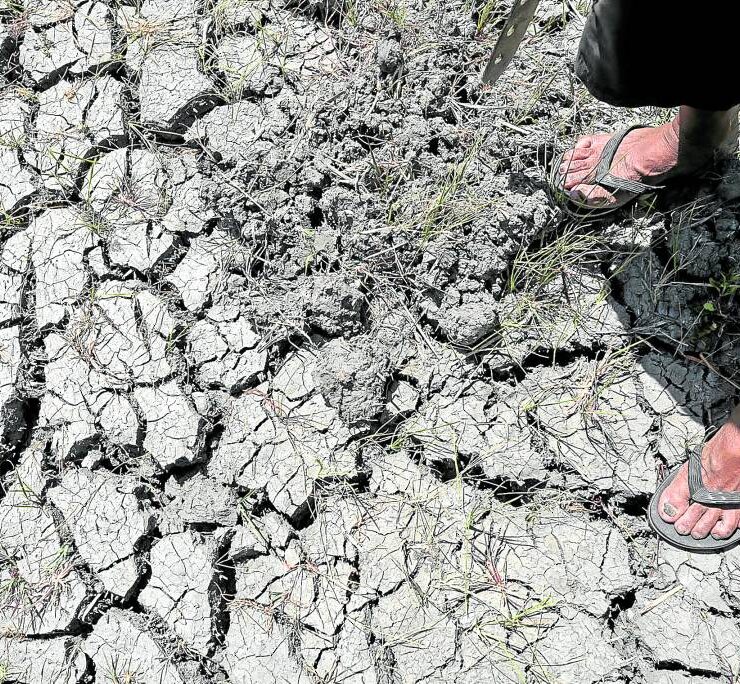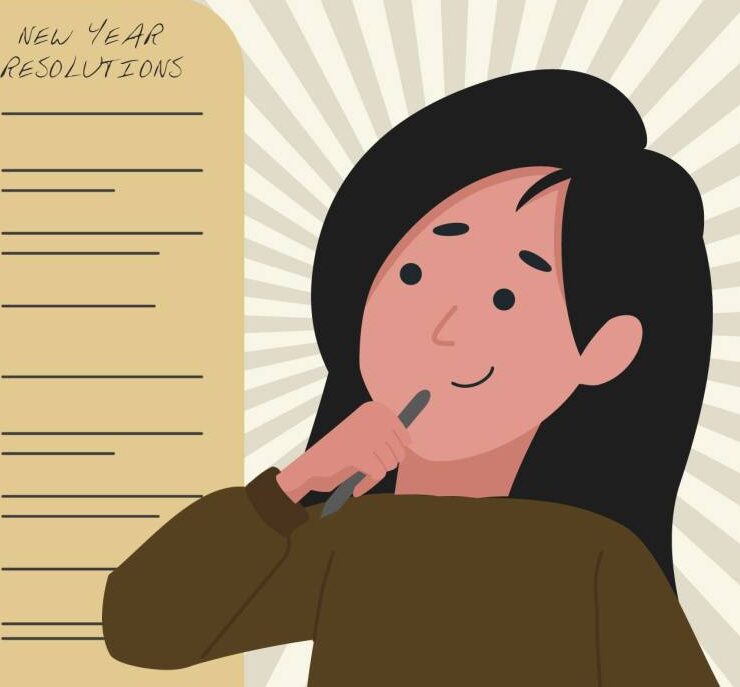Unified ID to ‘boost services’ for PWDs

Persons with disabilities (PWDs) in the country will soon have unified identification cards, to be issued through the National Council on Disability Affairs (NCDA).
The NCDA said the proposal for a unified ID for PWDs is a recommendation meant to address the illegal issuance and use of fake PWD IDs—a problem raised by private establishments earlier this year over the alleged abuse of the PWD discount privilege in food and services.
NCDA executive director Glenda Relova said in January that the government is eyeing to pilot-test the IDs during the first and second quarters of the year, and have it rolled out by July. More than 2 million registered PWDs will benefit from the project, according to the NCDA.
The Department of Social Welfare and Development (DSWD) will be the central authority for the issuance of the unified IDs, which, while meant to stamp out the proliferation of bogus PWD IDs, will also “boost the efficiency in the delivery of basic services to the vulnerable sector,” said the DSWD in a statement.
The agency clarified that PWDs “need to reapply for an ID once the unified system has been developed,” and that “they will be given a 12-month transition period.”
Aside from the identification cards, the DSWD has also come up with projects designed to help PWDs gain greater access to resources from government and nongovernment organizations.
The Community Action and Resources for Accessible and Better Living Environment for PWDs, or Care-Able, is a community-based intervention program by the DSWD that provides help to PWDs through resources, programs, and services within their communities.
Under the program, barangay help desks serve as a venue for the community to coordinate with their respective local government units and other government offices for “faster, better and more coordinated delivery of service” to PWDs and their families. These support services include medical care and psychosocial support, and education, livelihood, sociocultural, and social enhancement programs.
The program also aims to organize volunteers within the community, such as caregivers who can provide proper care to PWDs.
Bicol and the Zamboanga Peninsula served as the program’s pilot areas, but as of 2025, most regions in the country have implemented this program, according to the DSWD.
President Marcos, through Executive Secretary Lucas Bersamin, has urged government agencies to do more to address the concerns and challenges faced by PWDs in the country. In particular, the President called on the DSWD and the Department of Health to strengthen programs that would encourage more Filipino PWDs to feel included and “take part in nation-building.”



